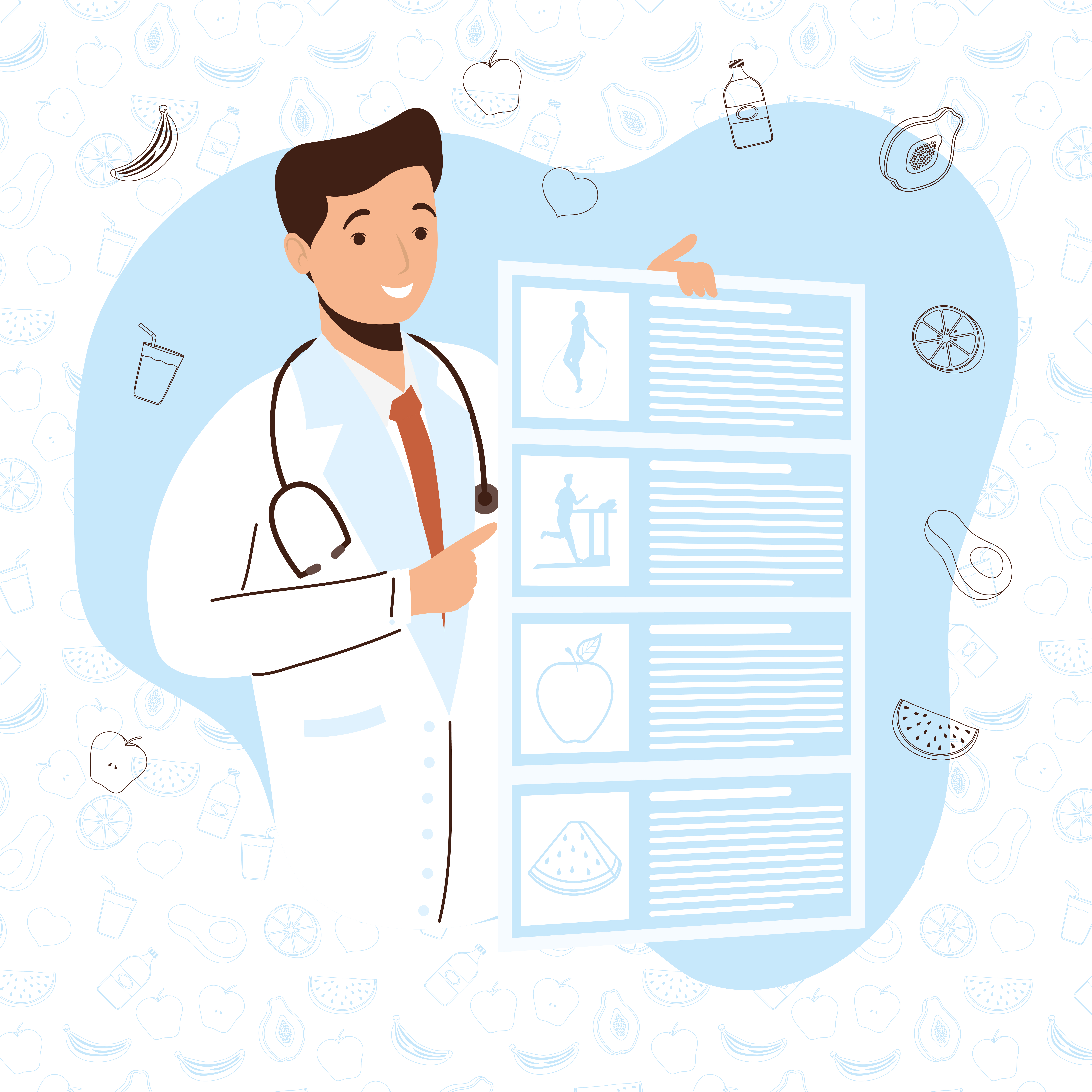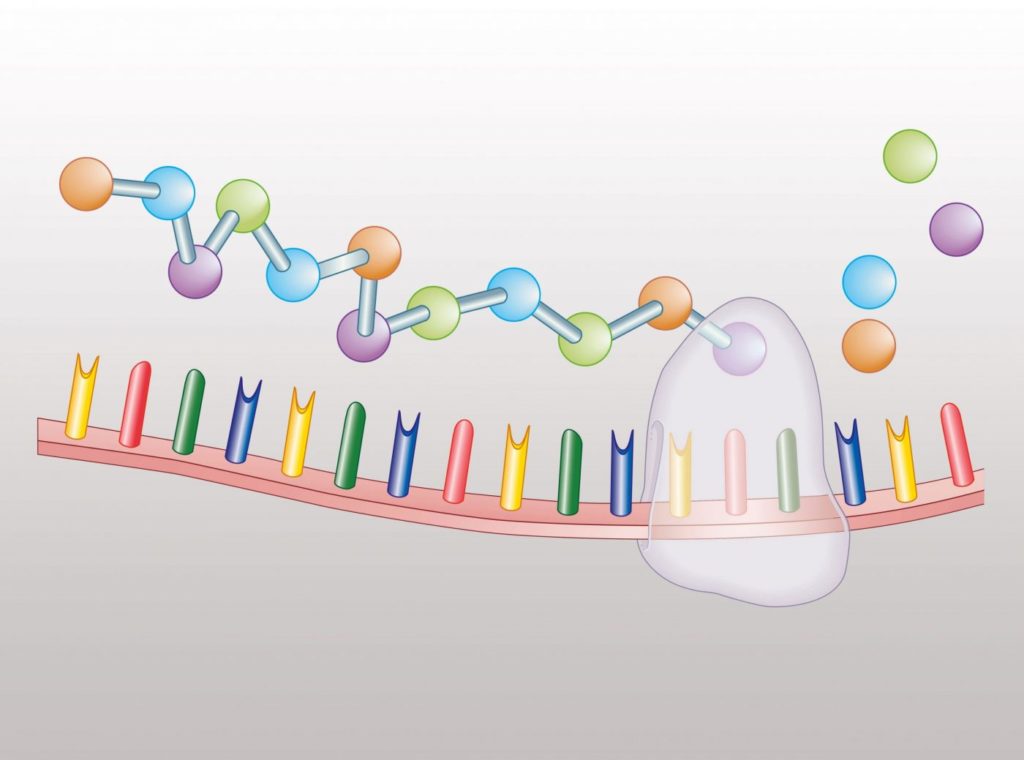
Does Moderate Alcohol Use Cause Nutrient Deficiencies?
Consuming alcohol on a regular basis is considered a normal part of our society, but are those drinks leading to nutrient deficiencies? Drinking patterns vary considerably among most casual drinkers, with some people indulging on weekends while others merely enjoying a cocktail with dinner.
It’s no surprise that heavy alcohol use is associated with nutrient deficiencies. However, most casual drinkers spend little time thinking about the possible ramifications of moderate alcohol use on their nutrient levels. Recent evidence has focused more on how moderate drinking might impact nutrient levels and overall health.
Let’s take a deeper look into how alcohol affects your nutrient levels and how you can avoid becoming nutrient deficient.
What exactly is moderate drinking?
Moderate drinking is officially defined as consuming on average 1-2 alcoholic beverages in a day for men and 1 drink per day for women. The majority of moderate drinkers consume above these levels at least once a month.
Compared to non-drinkers, people who consume alcohol moderately have an increased risk of developing certain cancers, including a 40-100% increased risk of developing breast cancer and nearly a 20-50% increased risk of colon and oral cancers. To better understand this increased risk, attention has been diverted to understanding how alcohol impacts nutrient absorption.
Alcohol’s Effects on Digestion and Absorption of Essential Nutrients
Aside from providing empty calories, consuming alcohol also negatively affects how your body metabolizes and stores nutrients. Therefore, even if you consume adequate proteins, fats, vitamins, and minerals, you may still develop deficiencies from moderate drinking.
The primary way alcohol interferes with nutrients is due to its negative impact on the gastrointestinal tract, which compromises nutrient absorption. It also causes the body to expel nutrients more quickly. The two key classes of nutrients negatively impacted by booze are proteins and vitamins.
Alcohol impairs Protein Synthesis
Proteins, which are made up of amino acids, are the building blocks of all cells. They maintain cell structure, transport substances across cell barriers, and they’re involved in pretty much every biochemical reaction that occurs in your cells. Amino acids making up protein are either created by your body (non-essential amino acids) or acquired through diet (essential amino acids).

If you’ve ever focused on building muscle, you’re probably already familiar with protein synthesis. Protein synthesis is the process your body undergoes to produce protein molecules. These molecules are then used for things such as muscle building, tissue repair, basic functions, and activities like digestion and DNA replication. Protein synthesis is how you get stronger, faster and better when training, but it’s also essential for everyday survival and wellbeing.
Alcohol disrupts protein synthesis in a few ways. First of all, alcohol interferes with how your body absorbs essential amino acids. If we are continuing the building block analogy, alcohol basically sets fire to your building materials. Even just one drink of booze interferes with essential amino acid absorption.
Alcohol also disrupts protein synthesis due to its impact on hormone levels. First of all, alcohol metabolism lowers the amount of NAD+, a coenzyme that is essential for testosterone production. This decrease is especially significant when binge drinking (defined as consuming 5 or more drinks in one day). Secondly, alcohol reduces the body’s release of human growth hormone, especially when you consume booze before bed. Human growth hormone is our own internal fountain of youth, so disrupting its already limited window is the antithesis of good health.
Alcohol’s effects on Vitamin Levels
Vitamins come from food and supplement sources and are essential for various functions in our bodies. Insufficient vitamin levels can lead to a number of symptoms and even serious diseases. Regular alcohol use can have a major impact on several key vitamin levels, potentially leading to deficiencies, even in casual drinkers.
Alcohol depletes your body of B vitamins
The B vitamins, namely vitamins B1, B2, B3, B5, B6, biotin, folic acid, and B12, work together as a superstar collaborative team. They are particularly important for our energy levels, metabolism, blood cells, nervous system, hormones, immune system, digestion, skin, and hair. B-vitamins also play an important role in producing various brain chemicals that regulate your mood, wellbeing, and other brain functions. Low levels of vitamins B12 and B6 have been linked to depression.
B vitamins are water-soluble, which means they aren’t stored in your body, and you need to ingest them regularly to keep your levels sufficient. Consuming alcohol drains your body of B vitamins because your body uses up stores of these essential nutrients when metabolizing alcohol. The more alcohol you consume, the worse these effects become. However, larger problems begin to surface over continued use when levels are depleted and not restored.
Long-term deficiencies in B vitamins can have devastating consequences ranging from depression to peripheral nerve damage. Depletion of B12 occurs with as little as one drink a day. Many researchers also believe that the altered status of B12 and folate from moderate alcohol use may be associated with the increased cancer risks of moderate drinking. These two vitamins are required for DNA methylation and nucleotide synthesis and thus are required for cell health and integrity.
If you regularly consume alcohol, it is advisable to take a strong vitamin B complex before and after drinking to help your body maintain sufficient levels.
Alcohol drains your body of vitamin C
Vitamin C is an important nutrient that supports nervous system function, mental balance, immune functioning, collagen formation, hormone production, wound healing, and iron uptake. It also plays a crucial role in helping to prevent cardiac disease, cancer, and high blood pressure. Similar to B vitamins, vitamin C is also water-soluble, meaning that you need regular intake in order to maintain sufficient levels.
Alcohol depletes vitamin C from the body’s tissues as it’s being metabolized in the body. Among heavy drinkers, 5-7 drinks a day can even lead to severe deficiencies and the development of scurvy. Animal studies have shown that even just 10 days of moderate alcohol intake significantly lowers the body’s stores of vitamin C. Low vitamin C levels from moderate drinking may manifest as fatigue, poor concentration, frequent infections, and iron deficiency.
Moderate drinkers should add Vitamin C to their pre-and post-drink nutrient stack. Vitamin C supplements with non-acidic vitamin C sources (calcium ascorbate) are great supplements to take with alcohol as they are gentle toward the stomach lining.

Alcohol impairs the body’s utilization of vitamin D
Vitamin D is an essential nutrient used by most cells in the body. Vitamin D in the body is essential for healthy bones, teeth, immune system, muscles, cardiovascular system, brain, mood, and more. The majority of our vitamin D is produced by UVB-induced conversion of cholesterol on our skin which requires sunlight. However, vitamin D must be activated in the liver and kidneys.
Alcohol metabolism puts a tremendous burden on the liver, which means it has to sacrifice other duties in order to clear your body of alcohol’s toxic byproducts. As a result, vitamin D conversion can be significantly impeded with moderate drinking, leading to reduced levels of vitamin D and even deficiencies.
Drinking regularly, especially in the winter months, can lead to or exacerbate low vitamin D levels. In the short-term, low vitamin D can lead to fatigue, slowed metabolism, increased inflammation, increased pain, and low mood. Long-term vitamin D deficiency may lead to osteoporosis, depression, and various types of chronic diseases such as cancer or diabetes.
Alcohol drains the body of magnesium
Every cell in your body needs magnesium to function. Magnesium is important for the nervous system, muscle, digestion, blood pressure, and bone health. Magnesium deficiencies are already common, with around 50% of people don’t get enough magnesium in their diets.
Alcohol use depletes your body’s stored of magnesium by extracting it from body tissues and through increased urinary loss. Low magnesium levels can lead to insomnia, muscle spasms, hormonal imbalance, and increased stress and anxiety. Acute magnesium depletion may also manifest as fatigue, constipation, and lowered appetite.
Supplementing with magnesium daily and doubling your dose on days you drink is recommended to ensure you maintain sufficient levels.
Alcohol reduces vitamin A levels
Vitamin A is involved in immune function, vision, gene expression, reproduction, and cellular functioning. Regular use of alcohol has been shown to alter levels of vitamin A, increasing it in some tissues (which can lead to scarring) while decreasing it in others. Studies in rats found that 4-6 weeks of regular alcohol use led to a 60% decline in vitamin A levels in the liver.
Bottom Line
Alcohol is considered an acceptable and often celebrated part of social culture. In spite of this, the fact remains that alcohol metabolism can be extremely taxing on your body and deplete your tissues of essential nutrients. Additionally, alcohol further impairs nutrient absorption due to its effects on the liver and the body’s gastrointestinal lining.
While moderate drinking is generally considered safe, there is clear evidence that it increases the risk of cancer and can contribute to various nutritional deficits with an array of side effects. You can mitigate some of this risk by supplementing before and after drinking, maintaining a healthy balanced diet, and using supplements such as DHM, which help reduce the negative side effects of alcohol metabolism.






